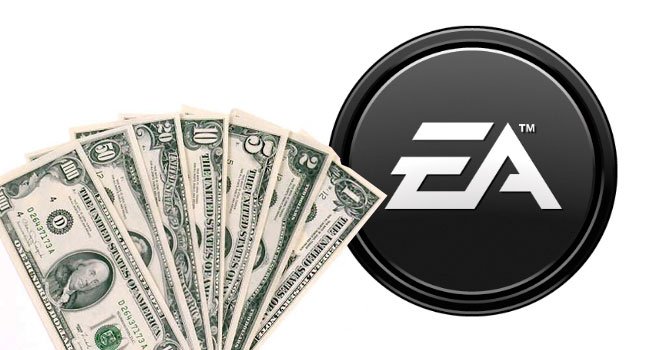This post has not been edited by the GamesBeat staff. Opinions by GamesBeat community writers do not necessarily reflect those of the staff.
 Electronic Arts has been voted worst company in America by the Consumerist two years running. Despite this fact, and the endless stream of internet hate for the publisher, their bottom line remains unaffected. Neither Battlefield 4 nor SimCity competently functioned for months following their respective launches, yet still sold millions of units. And these are merely recent debacles, the EA hate train left the station years ago. So why, regardless of all these widely acknowledged disasters, do people eagerly line-up to purchase their products?
Electronic Arts has been voted worst company in America by the Consumerist two years running. Despite this fact, and the endless stream of internet hate for the publisher, their bottom line remains unaffected. Neither Battlefield 4 nor SimCity competently functioned for months following their respective launches, yet still sold millions of units. And these are merely recent debacles, the EA hate train left the station years ago. So why, regardless of all these widely acknowledged disasters, do people eagerly line-up to purchase their products?
Simple, the vast majority of consumers are frighteningly ignorant and easily brainwashed by large marketing campaigns. Advertising specialists spin a yarn, and we lap it up wholeheartedly. If it involves sex, drugs, explosions, and lots of violence, then you have essentially won over the male demographic. We can’t assume anyone will even thoughtfully browse Google for five minutes of research. If they did, and took whatever criticisms they found to heart, EA would be in the red. Though it is sickening to think that some people are reluctant to purchase games, but peer pressure forces their hand. The implications of not following the rest of our superficial sheep culture are devastating. Never mind if the product doesn’t work or is clearly a cash grab — my friends have it, so I need it too!
Now, corporations other than EA are guilty of this as well. The same could be said of giants like Activision and Nintendo. Year after Year, Activision peddles Call of Duty, pushing millions of units and consistently shattering entertainment records. Yet, most of their core audience struggles to explain why they continue to throw money at a brand that has only marginally evolved since 2007. For Nintendo, it’s the opposite problem. The original Wii had a marketing bonanza that helped it become one of the highest selling platforms ever. However, the interest in it was trendy and fleeting, eventually the family oriented approach became a stigma. This carried over to the Wii U, clearly named after its predecessor in the hopes the name would generate interest. Now most gamers look at the Wii U as a technologically wimpy kiddie parade. Advertising can now even come back to bite you in the butt. It seems like everyone with money to lose values the image of their product more than the product itself.
This is a serious problem, and gamers like us need to speak up about. I write about games because I know I can make a difference with my writing. The power of the internet lets me project my words right into your brain with ease, something that can certainly be used for good or evil. Let’s all use it for good, let’s use it to keep informed. We should be generating our own discussions and coming to our own conclusions, not always following the popular vote. If you are reading this article, then chances are you care about the potential of this industry. However, so long as the masses keep throwing large sums of cash at whichever publisher is hosting the biggest fireworks display, gaming will never exit its artistic infancy.
